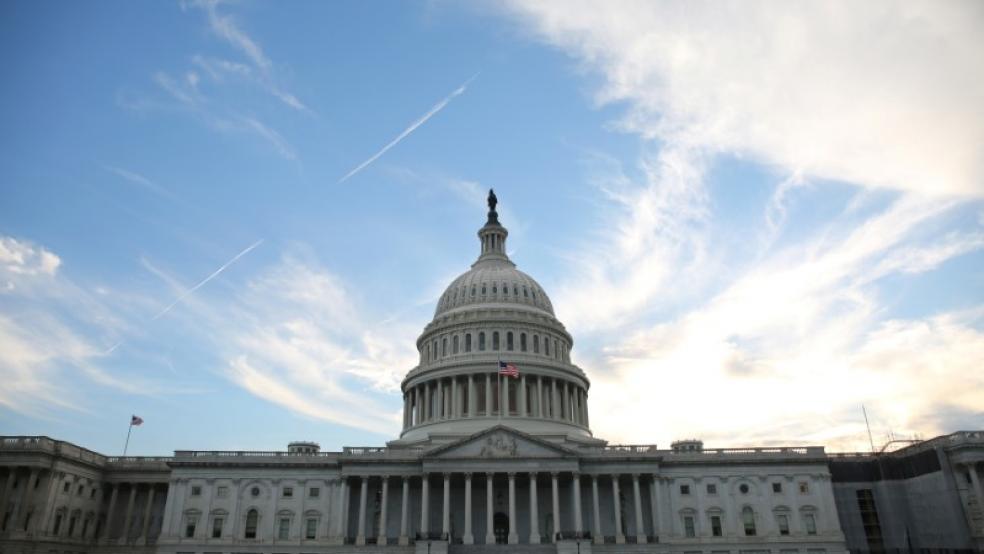Congress is likely to pass another coronavirus relief bill at some point, but doing so may require addressing the mounting deficit concerns of a bipartisan group of lawmakers. A group of 60 House members from both parties wrote a letter to House Speaker Nancy Pelosi and House Minority Leader Kevin McCarthy on Monday asking that any further pandemic response ensures that the nation will address the national debt, budget reforms and projected trust fund shortfalls for Social Security and other programs once the economy is stronger.
“Though emergency borrowing is necessary now, we must have a credible plan for responsibility to bring the debt burden to sustainable levels as the pandemic recedes and the economy recovers,” the group, led by Reps. Scott Peters (D-CA) and Jodey Arrington (R-TX), wrote.
The members of Congress behind the new letter aren’t calling for specific future tax increases or budget cuts. Instead, they propose a few steps to ensure a future focus on budget and debt issues:
- They want the Government Accountability Office to issue an annual report on the fiscal health of the nation.
- They back a bill introduced last year that would create bipartisan, bicameral “rescue committees” to recommend fixes for Social Security, Medicare and other federal trust funds facing future insolvency.
- They propose establishing goals for managing the budget and national debt, such as setting targets for the ratio of debt to gross domestic product. Such a process, they say, would reduce debt-limit brinkmanship as well.
The Congressional Budget Office projected in April that the federal deficit would be close to $4 trillion for fiscal year 2020 and debt held by the public would likely exceed the size of the economy by the end of the year. Senate Republicans have cited debt concerns in recent weeks as they advocated a “pause” before any additional coronavirus aid.





